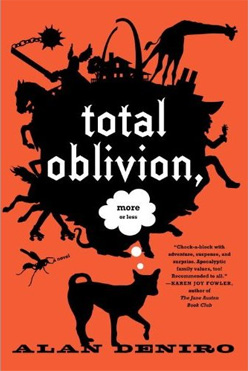Literature, Text, and Net Neutrality
Net Neutrality died in the House Commerce Committee. btw, these are the Democrats who voted to kill the Internet as we know it: Ed Towns of New York, Bobby Rush of Illinois, Al Wynn of Maryland, Gene Green of Texas and Charlie Gonzales of Texas. Thanks! You obviously know where your well-heeled bread is buttered.
So let’s just suppose that the telcoms and cable providers are going to keep chipping away at Net Neutrality over the next 10-20 years. Even if they don’t win this round-and there’s no reason to think that they can’t-they’re going to keep at it. Let’s say that they do succeed and they manage to act as supreme content-gatekeepers. What does this mean for online literature? It might make it more necessary than ever. A lot of what these telcoms want to broker is video-on-demand, higher-end applications, etc. You get the sense that they don’t really don’t care about unadorned text. Where’s the profit in that?
Two Internets might exist, then-one as it existed in, say, 1996 (with, however, a greater quantity of sheer content) and the bells-and-whistles pleasure palaces that the telcoms want to force-feed us. Literature, then-pure text-will be at a pivot point in this new, slightly distopian online landscape. But it has served us well for thousands of years, so I think we’ll be in good shape-to not only write poems and stories that entertain and delight, but also to subvert the very constraining conditions placed on the intellectual and literary landscape in the next 10 years. It’s not going to be a pretty time. But if we have to go back to the Lynx-compatible Web to change things, then so be it.
Update: To see what the Internet will look like in 2010 under our new overlords, check out the Firefox extension of a Lynx viewer tool!





I wonder if it will be as dramatic as all that. I’m imagining something more akin to premium cable. For a nominal fee, most or all of the filters are removed and you can have the ‘enhanced’ internet experience. The idea is still repulsive of course, but not so overtly fascist. The bottom line is, the corporate world is greedy, and if it can leech more money from both its consumers and its web sponsors, so much the better in their minds.
You’re probably right-but on the other hand, the equivalent w/ cable would be, say, Comcast making the picture fuzzier for content providers it doesn’t have special relationships with, unless you pay a special fee.